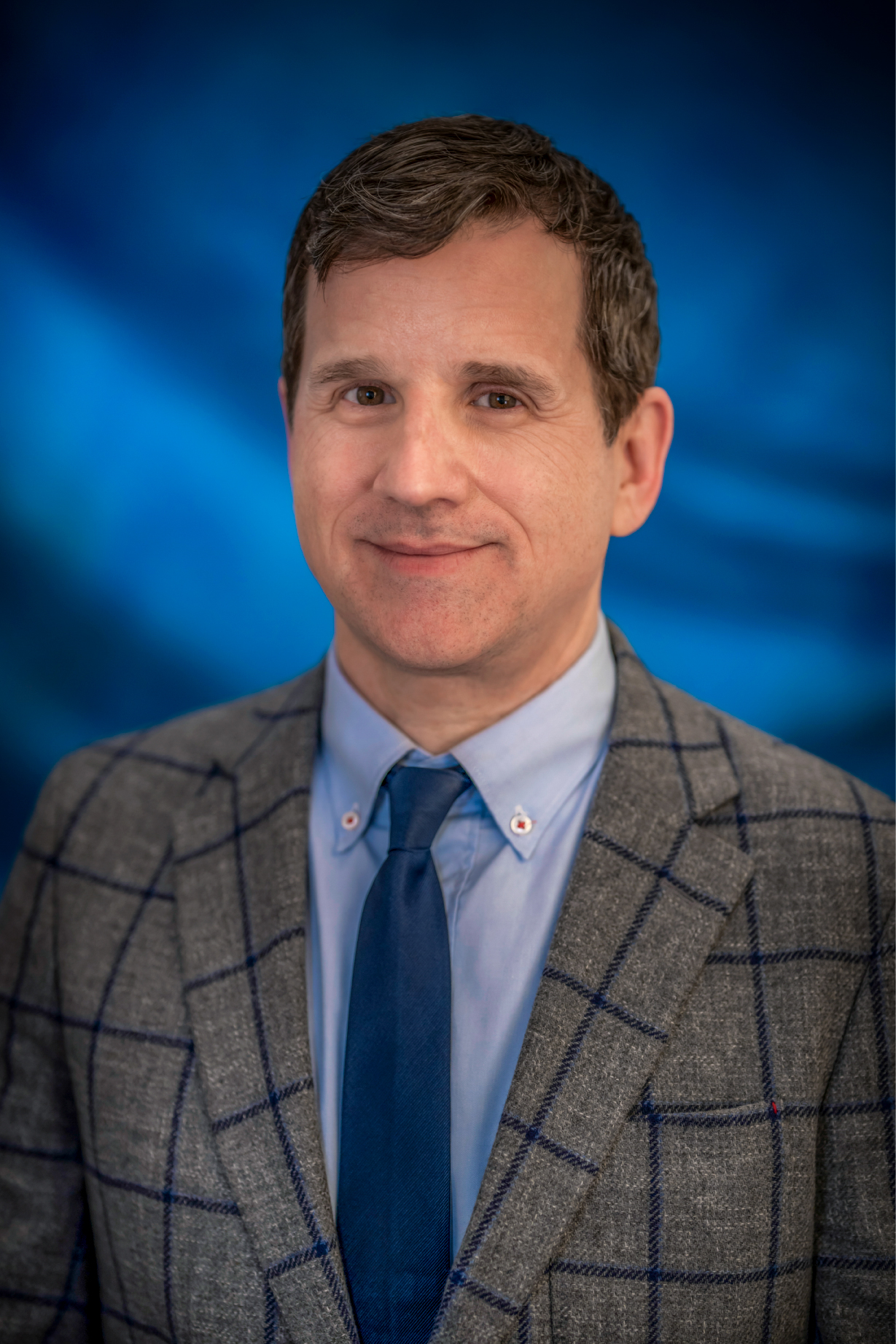ASU alum brings innovation to Phoenix community

Arizona State University alum Michael Hammett (pictured above, speaking) recently collaborated with over 100 local entrepreneurs and innovators at the city of Phoenix's first-ever innovation challenge. Photo courtesy Michael Hammett
Innovation is collaboration.
That’s what Arizona State University alum Michael Hammett learned while pursuing his Master of Science in global technology and development (GTD), and that’s how he operates in his role as chief innovation officer for the city of Phoenix.
Although there are over 100 chief innovation officers for government entities around the world, Hammett is the first to hold the position for the city of Phoenix, which hosted it’s first-ever innovation challenge this year, bringing over 100 local entrepreneurs and innovators together to explore solutions to problems facing the city and its communities.
“Now, I look at everything through the GTD lens,” said Hammett, a 2015 graduate of the program offered through ASU’s School for the Future of Innovation in Society, an academic unit of the College of Global Futures.
“The idea of co-creating with community first – the true experts – is really key. And sustainability and equity. And what are the unintended consequences? Who wins? Who pays the price? These are the questions I think about.”
His position as chief innovation officer is one that he says he would not have attained if it wasn’t for his education in the GTD program.
“It was the bridge to the chief innovation officer role because it was about equitable development and the role of technology right here in Phoenix,” he said.
Throughout all his various roles for the city, collaboration has remained a consistent theme. Hammett’s goal is to blur the lines between city departments, bring everyone together to address challenges from their own unique perspectives, and maximize the impact for residents.
“And residents are at the center of the process,” he said.
Hammett and his team are currently testing ideas that came out of the innovation challenge, which asked participants to come up with ideas to expand access to chilled drinking water in public spaces.
“It sounds easy, but if you just drop a drinking fountain into a community, it will fail,” Hammett said.
“We have collected data, completed surveys and met with other cities, but it was important to complement that with ideas from our local entrepreneurs and innovators.”
There have been many twists and turns within Hammett’s career leading up to where he is now.
Michael Hammett
After attending ASU’s Walter Cronkite School of Journalism and Mass Communication, Hammett spent 15 years as a writer, producer and on-air reporter for three local Arizona stations, followed by a period of freelance work that gave him time to discover new interests.
In 2006, he joined the city of Phoenix as a public information officer for the planning and development department, and eventually spent three years handling communications for eight members of the city council, including the mayor.
It was during this time that Hammett went back to ASU to pursue a Master of Science in global technology and development.
“The more I looked into it, the more I was convinced it was right even though it had nothing to do with my city role at the time,” he said. “It offered a challenge to learn something new and expand my knowledge beyond communications and city administration.”
It was clear to Hammett while studying technology’s role in sustainable development in the Middle East and North Africa that what he was learning could be put to great use in Phoenix.
“Right now, I’m looking at carbon capture technologies to support the city’s climate action goals, digital twins to advance the strategic use of data and modeling, and the opportunities and potential issues related to AI,” he said.
In addition to his work in his current role, Hammett has made a point to remain connected with ASU. He joined the first alumni board for the School for the Future of Innovation and Society and would go on to join the College of Global Futures one as well.
“It keeps you engaged. I also talk to students at career days and encourage colleagues looking for an advanced degree to take a look at the program and the College of Global Futures.”


